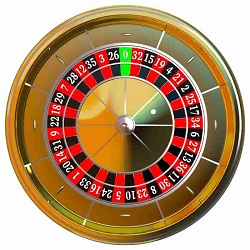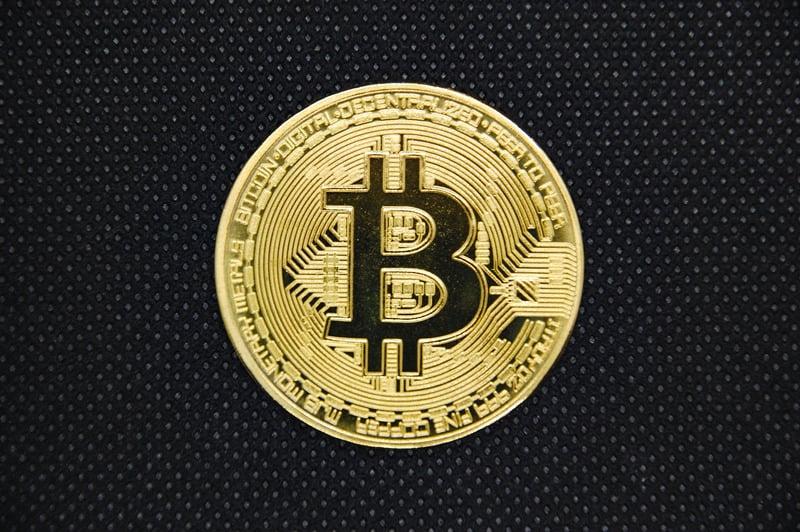 " alt="" >
" alt="" >
Crypto gambling in the Netherlands
The rise of cryptocurrencies has brought about a wave of innovation in various sectors, including the gambling industry. Crypto casinos, which operate primarily with cryptocurrencies like Bitcoin, Ethereum, and others, have gained popularity in many parts of the world. However, in the Netherlands, the situation is different.
Popularity of Dutch Crypto Gambling
In the digital age, the intersection of cryptocurrency and online gambling has created a novel paradigm of entertainment and investment, with the Netherlands being no exception to this trend. While gambling with bitcoins and cryptocurrencies remains a complex subject due to varying global legal frameworks, there is a noticeable tilt towards its acceptance within Dutch borders. This article delves into the reasons why a segment of the Dutch population is drawn towards crypto gambling, highlighting the allure of privacy, the aversion to traditional tax systems, and the straightforward onboarding processes offered by cryptocurrency casinos.
Now in 2024 you can pay in Dutchcasinos with ideal and paypal as pay option.
New all time high for bitcoin
Bull market is now definitely on the horizon. With the price already surpassing last week’s old 2021 record of €59,500, the bitcoin rate also broke its record in dollars, worth $69,000 from the second boom.
During the last time that the bitcoin price reached these levels, it was during the peak of the bull run in November 2021. After a crash lasting for about one year, it lost approximately 70% of its value and bottomed at a price in November 2022.
Starting from that moment, the price has been on the rise driven by speculations about spot Bitcoin Exchange-Traded Funds (ETFs). In fact, the approval of these investment trusts back in January served as a catalyst, resulting in the current flow breaking previous price records.

The Dutch Inclination Towards Decentralized Betting:
Dutch culture, with its rich history of valuing personal freedom and privacy, finds a harmonious match in cryptocurrency gambling. The decentralized nature of cryptocurrencies like Bitcoin and Ethereum provides users with a level of anonymity that traditional online gambling platforms cannot match. For some Dutch gamblers, the privacy aspect is pivotal, not necessarily because they favor illegal gambling, but because they appreciate the discretion that crypto transactions can offer. This discretion becomes particularly relevant in an era where data privacy concerns are at the forefront of digital interactions.
The crypto Tax
It is an overgeneralization to say that Dutch people do not like to pay taxes; rather, it is the efficiency and potential financial benefit that cryptocurrencies can offer that is appealing. The Netherlands, like many countries, has a complex taxation system, and cryptocurrencies can sometimes occupy a gray area within this system. Crypto gambling gains may not be as easily traceable as those from traditional gambling platforms, leading some to favor it as a means to possibly reduce their tax burden. However, this does not imply a collective intent to evade taxes, but a quest for more financially efficient betting avenues.
KYC/ Registrations in Bitcoin Casinos:
One of the stark contrasts between conventional online casinos and crypto casinos is the registration process. The latter often allows users to start gambling with just an email address, bypassing the lengthy verifications required by traditional platforms. For Dutch gamblers, the efficiency and speed of registration with crypto casinos are attractive features. The process caters to those who wish to engage in gambling activities with minimal barriers to entry and without the need for extensive personal disclosures.
Trends in crypto in Holland
In a remarkable shift in financial trends, the Netherlands has witnessed an exponential growth in cryptocurrency ownership. As of 2023, 15% of Dutch citizens now hold some form of cryptocurrency, marking a significant increase from just 3% (approximately 500,000 people) in 2019, to an impressive 2.1 million individuals.
An in-depth analysis of the cryptocurrency landscape in the Netherlands reveals some intriguing patterns in ownership:
- 6% of the Dutch population currently owns cryptocurrency, showcasing a growing acceptance and interest in this digital asset class.
- Among these owners, 3% possess more than €10,000 in crypto assets, indicating a robust investment by a segment of the population.
- 3,2% of those who once dabbled in cryptocurrency have since ceased their involvement, highlighting the volatile nature of this market.The demographic breakdown of cryptocurrency owners in the Netherlands shows a distinct pattern.
Men are significantly more likely to own cryptocurrencies, comprising 76% of all crypto owners, while women represent only 25%. Younger individuals are more actively involved in the crypto market compared to their older counterparts, reflecting a generational shift in investment preferences.
Income and Education Correlation: There is a notable correlation between high income and education levels with cryptocurrency ownership. The likelihood of owning crypto assets doubles among individuals with higher income and education levels.
(source: crypto-casino.nl)
Portfolio Size and Activity Duration
The size of one’s crypto portfolio in the Netherlands is closely linked to their duration of activity in the market. Those with larger holdings in cryptocurrencies have generally been active for a longer period, suggesting a relationship between market experience and investment success.
Licensing and Regulation in the Netherlands
Starting from 1 April 2021, online gambling operators have the option to apply for a licence in the Netherlands. This move comes as part of the new Distance Gaming Act, which is expected to come into effect on 1 September 2021. This law will pave the way for online casinos to legally operate within Dutch borders, but with a catch.

Upon the enforcement of the law, online casinos are mandated to share their data with the Dutch Gaming Authority. The authority will closely monitor all activities, with a particular emphasis on the financial transactions. They will be expecting all figures to be presented in euros, which is the official currency of the Netherlands.
The Stance on Cryptocurrencies
The Dutch government has set strict regulations for online casinos, ensuring they uphold the highest standards of integrity and fairness. One of these requirements includes adherence to the 'Act on the Prevention of Money Laundering and Financing of Terrorism'. This act is crucial in safeguarding the interests of the players and the nation alike.
Conclusion bitcoingambling
While crypto gambling might be gaining traction globally, the Netherlands is treading cautiously. The primary focus remains on ensuring a safe and transparent environment for Dutch gamblers. For now, crypto enthusiasts might have to wait or look for alternatives outside the Dutch gambling landscape. As the online casino industry evolves in the Netherlands, it remains to be seen how the government's stance on cryptocurrencies in gambling might change in the future.




